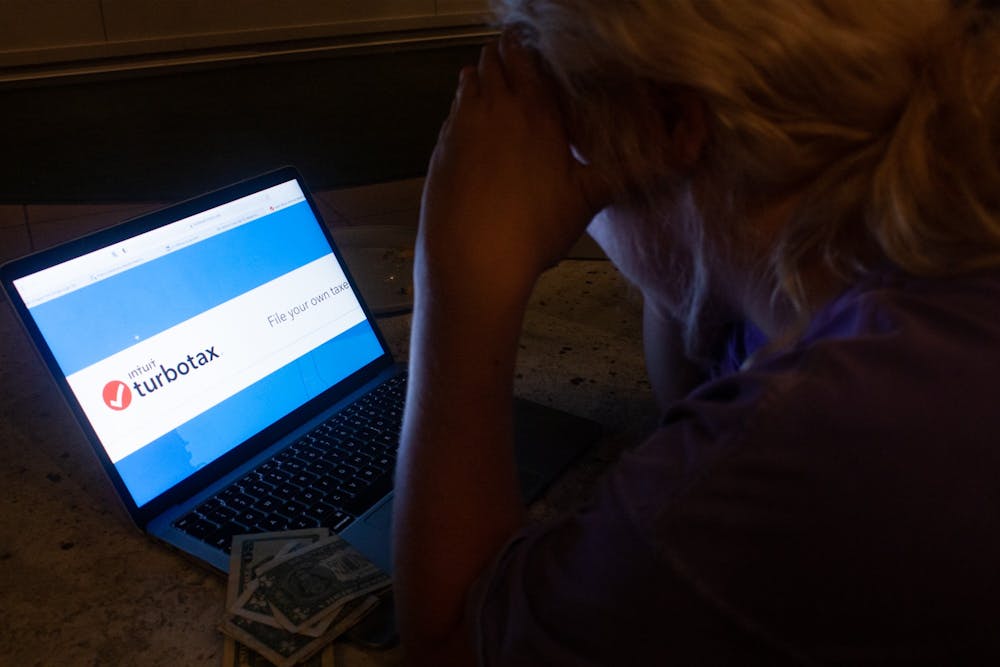For many of us, college is a major step forward in our lives. It’s probably the first time that we have left home and are living on our own for prolonged periods of time.
Yet at the same time, I didn’t feel like general K-12 education had truly prepared me for life on my own, both inside and outside the college classroom — and I’m not alone. According to a survey by the Association of American Colleges and Universities published in 2015, only 55 percent of high school students feel prepared to enter the real world.
The fact that basic financial skills like balancing a checkbook or filing taxes aren’t widely taught in high school means that a lot of students struggle when these things inevitably come up in their lives. This is something that is exacerbated for underprivileged students who may not have a support system to guide them on these topics.
While I was fortunate to have been raised by parents who were financially literate, many adults struggle with basic financial skills. Research has shown that on average, American adults correctly answered only 50 percent of questions on the TIAA Institute-GFLEC Personal Finance Index, a financial literacy exam, in 2021.
For K-12 students who aren’t financially independent, it can be a lot to expect them to make massive decisions such as balancing student loans, getting a credit card or choosing to attend college.
Another example is CPR and first-aid training. It would make sense to include this in all general education so students can be prepared in the case of a medical emergency. But even in states that mandate CPR training, many schools don’t actually teach it. According to a study surveying administrators in 32 states that require CPR training, only 77 percent of respondents said they completed it.
In my own experience, I was taught CPR in middle school, but it was done very quickly — and it almost seemed like an afterthought by the faculty. While I received a certification, I didn’t feel prepared to perform CPR in a real-life situation.
Even within the classroom, high school courses, including Advanced Placement, don’t guarantee that students will be ready for college. Studies have revealed that the majority of public colleges report enrolling students who aren’t ready for college-level work.
The data shows that many students don’t feel and aren’t ready for life in college and beyond. This is only made worse by the financial burden COVID-19 has caused many families, who can no longer afford to pay for college.




